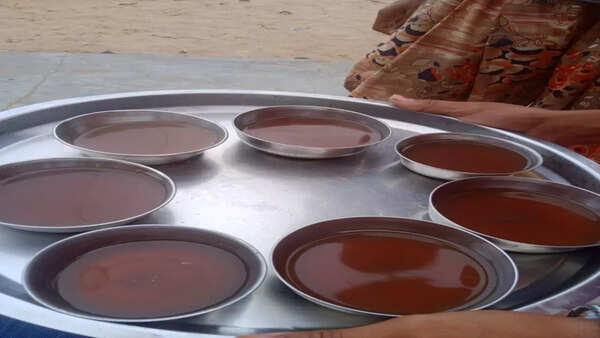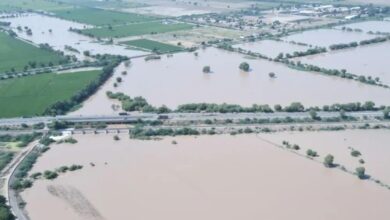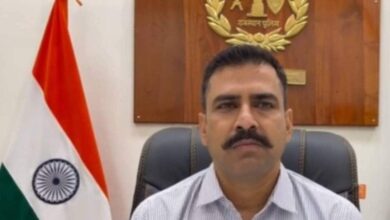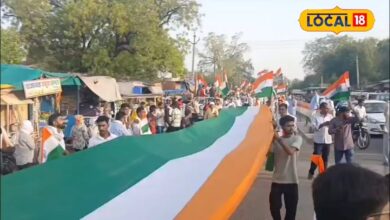Rajasthan: Fearing transmission of lumpy skin disease, villagers switch to black tea | Jaipur News
“Most people here are Marwaris, who would first milk the cow to the maximum possible limit and also keep some for the calf, but now, all the milk is left for the calf. No one wants to drink milk. We ourselves are scared. The lumpy skin disease is contagious among cattle. To avoid the disease, we feel it is better to stop milk consumption,” said Ramlal Palriya, a resident of Sojat in Pali district, who has two cows at his home recovering from the viral disease. The state government has been running awareness campaigns sharing that lumpy skin disease is not a zoonotic disease and humans cannot get infected. Still, fear has gripped most of the residents and despite knowing the information, they do not want to have milk or milk products.

“We know many such people who have stopped consuming milk, even when it has been explained that the disease cannot spread to humans. People are so scared that they have changed their preference for something as vital as tea. Milk tea is common in Rajasthan,” said an official from a cow shelter in Raniya Bera in Pali district.
In Jodhpur district, the situation is similar in many places like Nausar, Matora, Lohawat villages.
Tulchha Ram Sinwar, state secretary of Bharatiya Kisan Sangh said, “Most of the cattle rearers who sold milk on a large scale have witnessed a decline in milk sales in the past one and half month because people have stopped drinking milk out of fear. They know that after boiling the milk, it is safe, but they don’t want to buy milk. With reduced sales, production has also reduced because many cows have died due to the viral disease. But later when the situation goes back to normal, production of milk will still be lesser than the demand because of the deaths and those which can produce milk, are producing less after recovery.”
Sinwar said that in some parts of Jodhpur, cattle that produced around six litres of milk before contracting the virus are producing one or two litres of milk as they are still recovering and not able to produce milk as before.
Meanwhile, veterinarians said that not milking an animal can also be harmful and lead to mastitis disease in cows. Shankar Singh Rathore, a retired veterinarian from the state animal husbandry department, who now treats cattle at a cow shelter in Pali said, “If the milk is not taken out from a cow, then it can lead to mastitis in them, in which the breast tissues swell up because the milk duct is blocked.”




